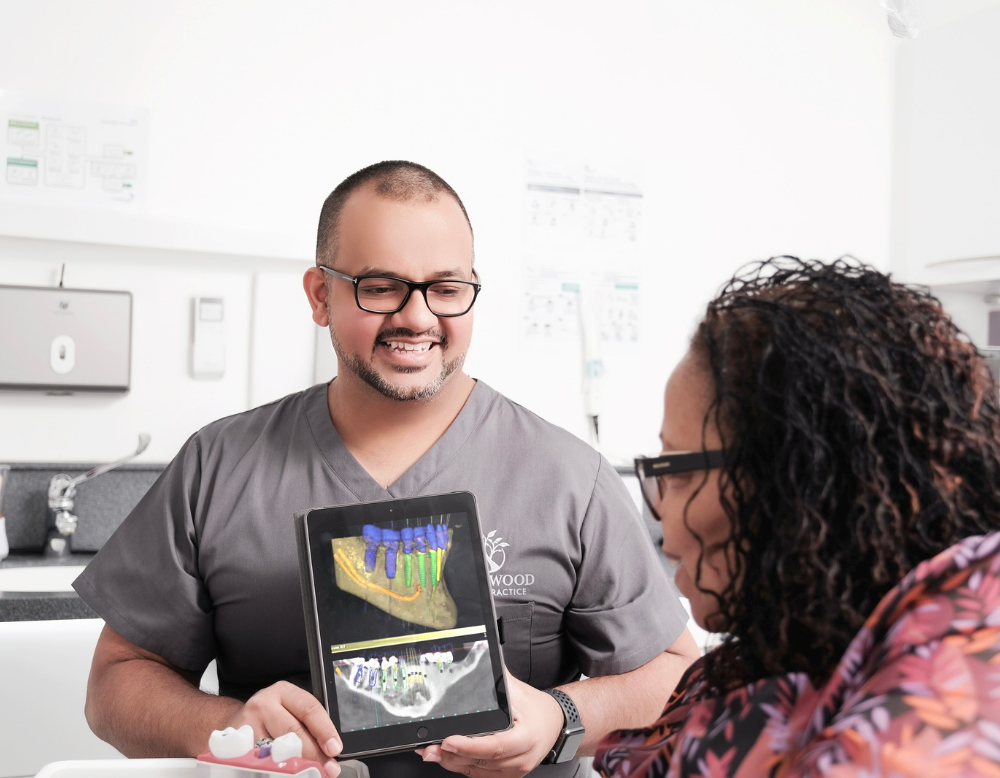
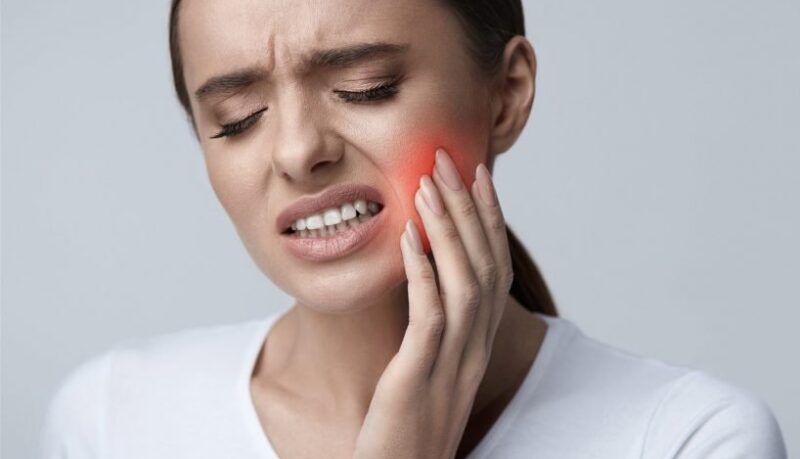
Following recent guidance from NHS England and the Department of Health, dental practices have been advised to STOP AEROSOL SPRAYS and PRIORITISE URGENT TREATMENT where possible and initiate telephone Triage.
In addition to reducing risk to staff and patients, this will also prevent unnecessary travel in an attempt to reduce virus transmission. This information aims to advise people in pain who still need to access care and also support people in managing minor symptoms at home.
At this time, oral health is especially important to prevent emergencies from arising. Avoid very hard foods or toffees that can damage teeth or fillings, and practice very good oral hygiene.
If you need to access emergency care:
If YES to any of the above, CALL 111. They will direct you to an emergency facility with appropriate protective equipment, allowing staff to treat you safely.
Urgent dental treatment:
Straight to A&E:
Non-urgent (may need to wait):
Anti-inflammatories (like Ibuprofen) can help reduce sensitivity from teeth. Combining paracetamol and ibuprofen has also been shown to be effective.
There is currently no strong evidence that drugs like ibuprofen can make COVID-19 worse. If you have no coronavirus symptoms, carry on taking ibuprofen as normal.
So until we have more information, take paracetamol to treat symptoms of coronavirus unless your doctor has told you paracetamol is not suitable for you.
Painkillers should always be taken in accordance with the instructions on the packet. Taking too many tablets or taking medications incorrectly will not improve your symptoms and can cause serious stomach and liver injury, which can be life-threatening.
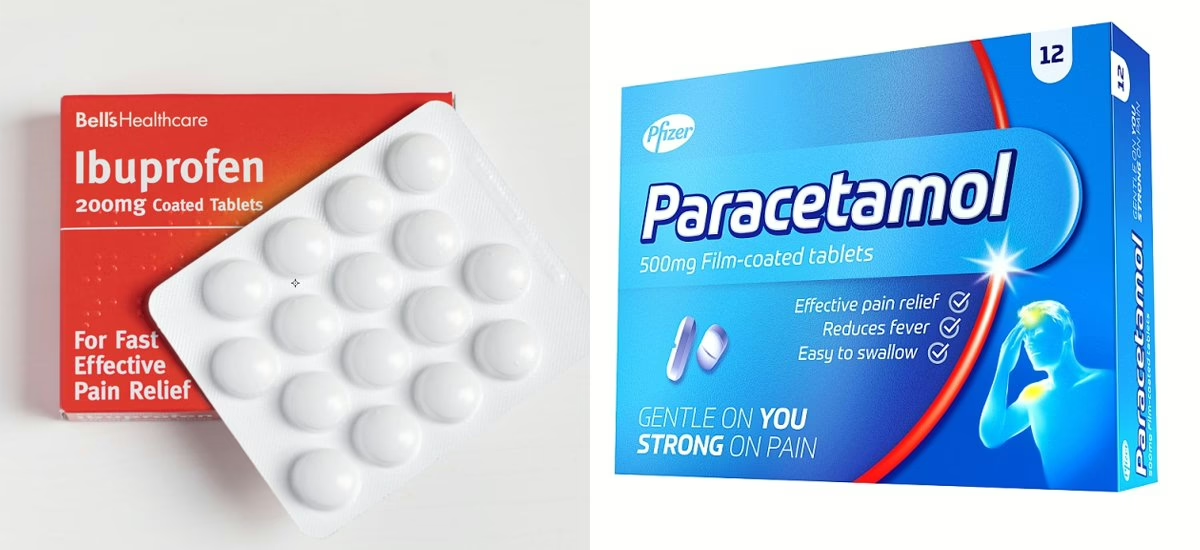
If the tooth is extremely sensitive to hot or cold, antibiotics will not help. The decay must be removed and filled. These home measures may help make symptoms manageable until care can be accessed. Good cleaning with fluoride toothpaste and reducing sugar intake will help stop decay from getting any worse.
If there is a hole in the tooth, or a tooth has cracked and is now sensitive/sharp, a temporary filling can be packed into the space.
These are widely available in supermarkets and pharmacies:
Desensitising/sensitive toothpaste (like Sensodyne repair and protect) can help. Rub toothpaste directly on the affected area for a minute with your finger or a cotton bud, and do not rinse afterwards. Anaesthetic gel such as Orajel can help ease pain.
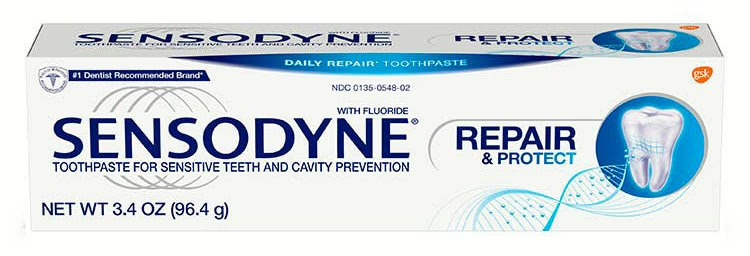
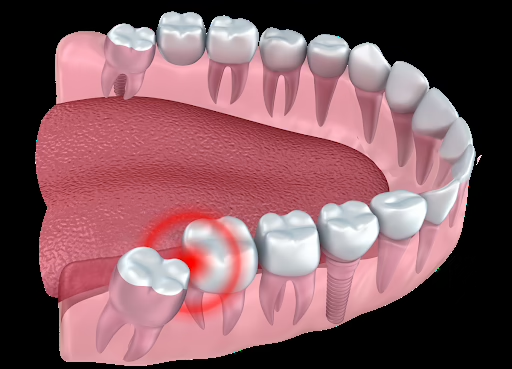
Most flare-ups can be managed with good home care and should settle in a few days to a week:

Continue to take regular painkillers for several days after extraction. It is normal for the pain to be at its worst on days 3-4.
We cannot provide antibiotics for pain after extractions unless infection is present. We cannot prescribe antibiotics over the phone without seeing you in person.
Some pink spit/oozing is normal after an extraction, but if the socket is bleeding freely, bite hard on gauze or a clean hankie for 20 minutes. If bleeding has not stopped, call your dentist.
If you smoke or rinse too soon after an extraction, you risk a dry socket. This can be very painful, and regular painkillers are unlikely to be effective. You should call your dentist for an emergency appointment. Antibiotics will not solve this, as a dressing is needed to cover the exposed bone.
Bleeding from gums is NOT a dental emergency. Bleeding gums are usually due to gum disease and will not stop until brushing improves. Brush 2x a day with fluoride toothpaste for 2 minutes, concentrating especially on the areas that are bleeding. Use floss or te-pe brushes to clean between your teeth every day.

Error: No connected account.
Please go to the Instagram Feed settings page to connect an account.